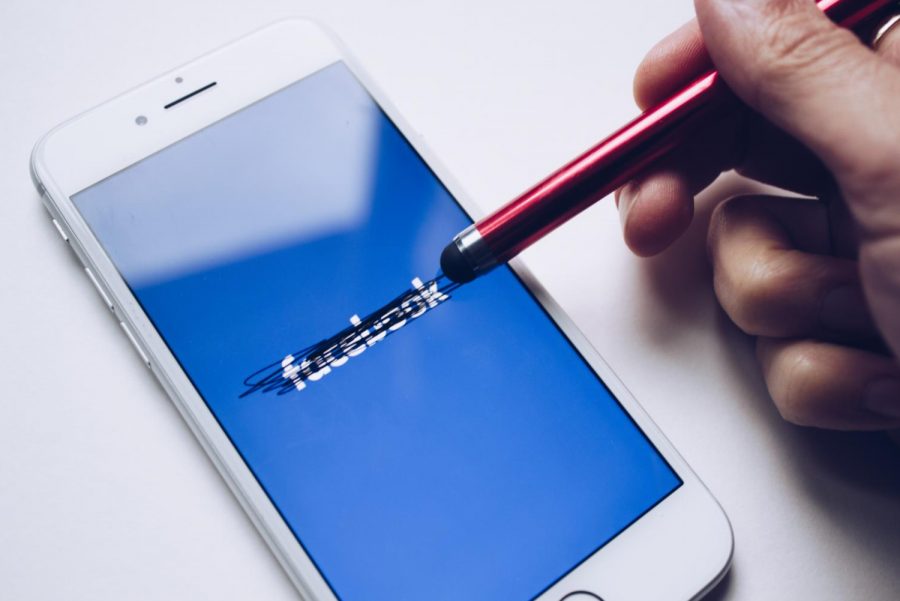Facebook scandal leaves users worried about privacy
May 11, 2018
News broke in March that a data-mining firm lifted the Facebook profiles of tens of millions of users without their permissions in attempt to sway the 2016 presidential election. Cambridge Analytica, the London-based data-mining firm, is suspected to have strong connections to Donald Trump’s presidential campaign in 2016.
The news was released when a whistleblower, Christopher Wylie, gave documents to U.K. newspaper The Guardian with details of Cambridge Analytica’s unauthorized data from private user accounts. According to Wylie, the firm built psychological profiles on a large portion of the U.S. electorate, all through an app. The app functioned by vacuuming information from users that allowed it to access their accounts as well as data from their Facebook friends. More than 270,000 people were paid to take part in the data trove.
On April 4, Facebook came forward saying as many as 87 million users’ data might have been accessed. According to CTV News, Facebook also said that at some point, most of its 2.2 billion users who have public accounts have had their profile information “scraped by malicious actors.” The technique that people often use to search friends by emails or phone numbers was used by the actors to steal data. Those who logged onto Facebook on Android devices found that Facebook collected their text histories and phone call logs.
CEO Mark Zuckerberg and No. 2 executive Sheryl Sandberg remained silent about the scandal for five days. Since then, they have given formal apologies on national TV. Zuckerberg told reporters that he made a “huge mistake” by not recognizing Facebook’s responsibility and influence in the world.
The company is approaching its users by attempting to be more upfront. Its privacy policies were amended in efforts to explain the data it gathers on users more clearly. It will also be restricting apps from accessing data about users’ events and information. The option to search for users by entering a phone number or email address will be removed.
On April 9, all users received a notice on their home feeds to view the apps they use and what information they have shared with those apps. Any user who may have shared data with Cambridge Analytica was informed.
Congress started looking into Facebook’s regulations because of all of the issues it is facing, from data privacy, fake news, and Russian meddling in the U.S. election. Zuckerberg testified before a joint hearing of the Senate Commerce and Judiciary Committees as well as before the House Energy and Commerce Committee. The U.S. Federal Trade Commission and authorities in Europe are also investigating. Simultaneously, special counsel Robert Mueller is looking into Cambridge Analytica’s connections to Trump’s campaign.
Facebook has started to face some repercussions. Its stock has fallen about 14 percent since the news break and many of its users and advertisers decided to leave.
Since hearing the news, people have been anxious about their online privacy and safety. There are large concerns about Russia’s potential involvement in Cambridge Analytica’s service to meddle in the 2016 presidential election. Users are worried about Facebook’s ability to prevent exploitation and propaganda from flooding the site. People are seriously questioning how Facebook can claim to protect its users’ privacy while endeavoring users’ personal details to fuel business.
Featured image courtesy of Thoughtcatalog.com.


